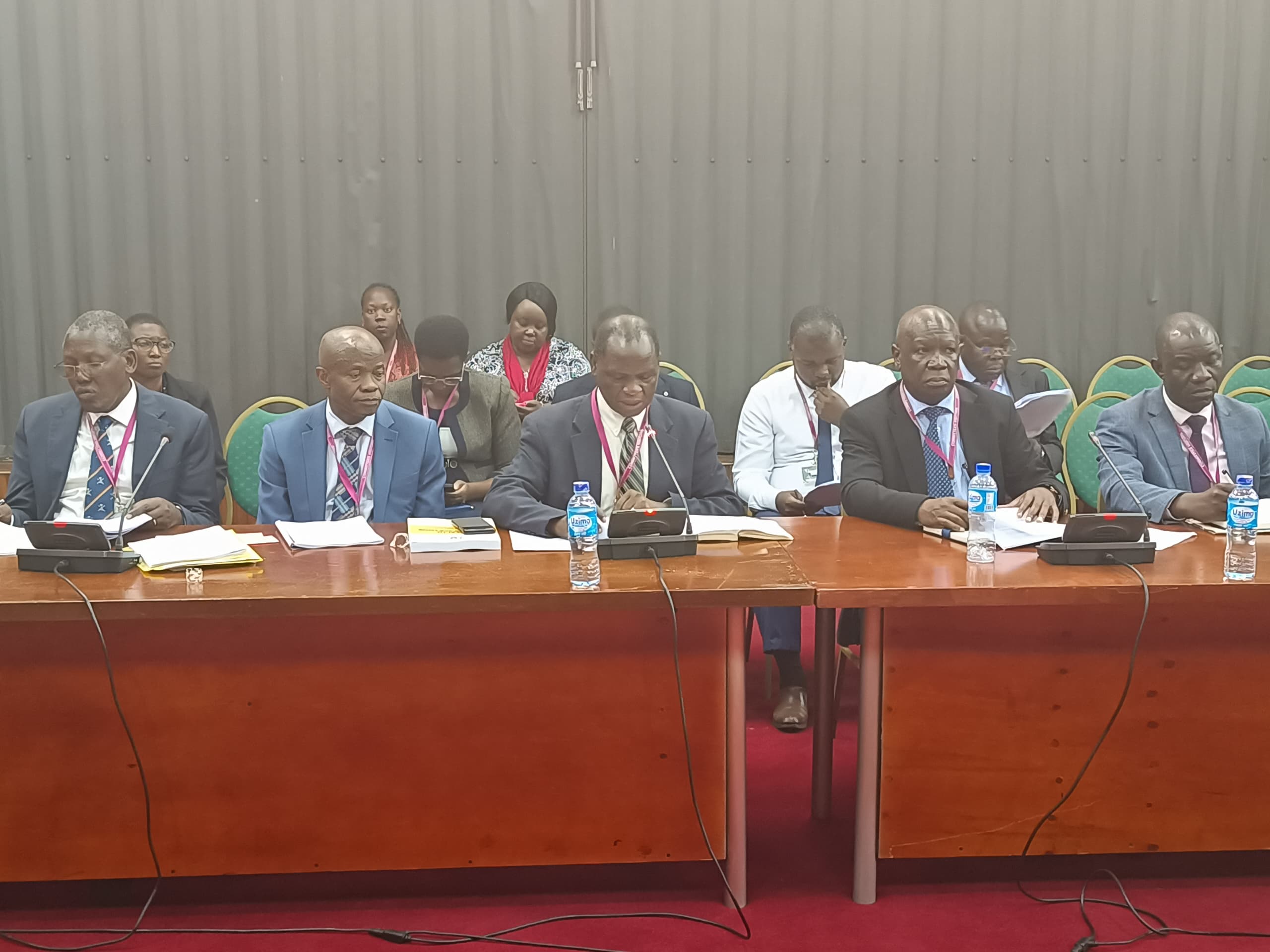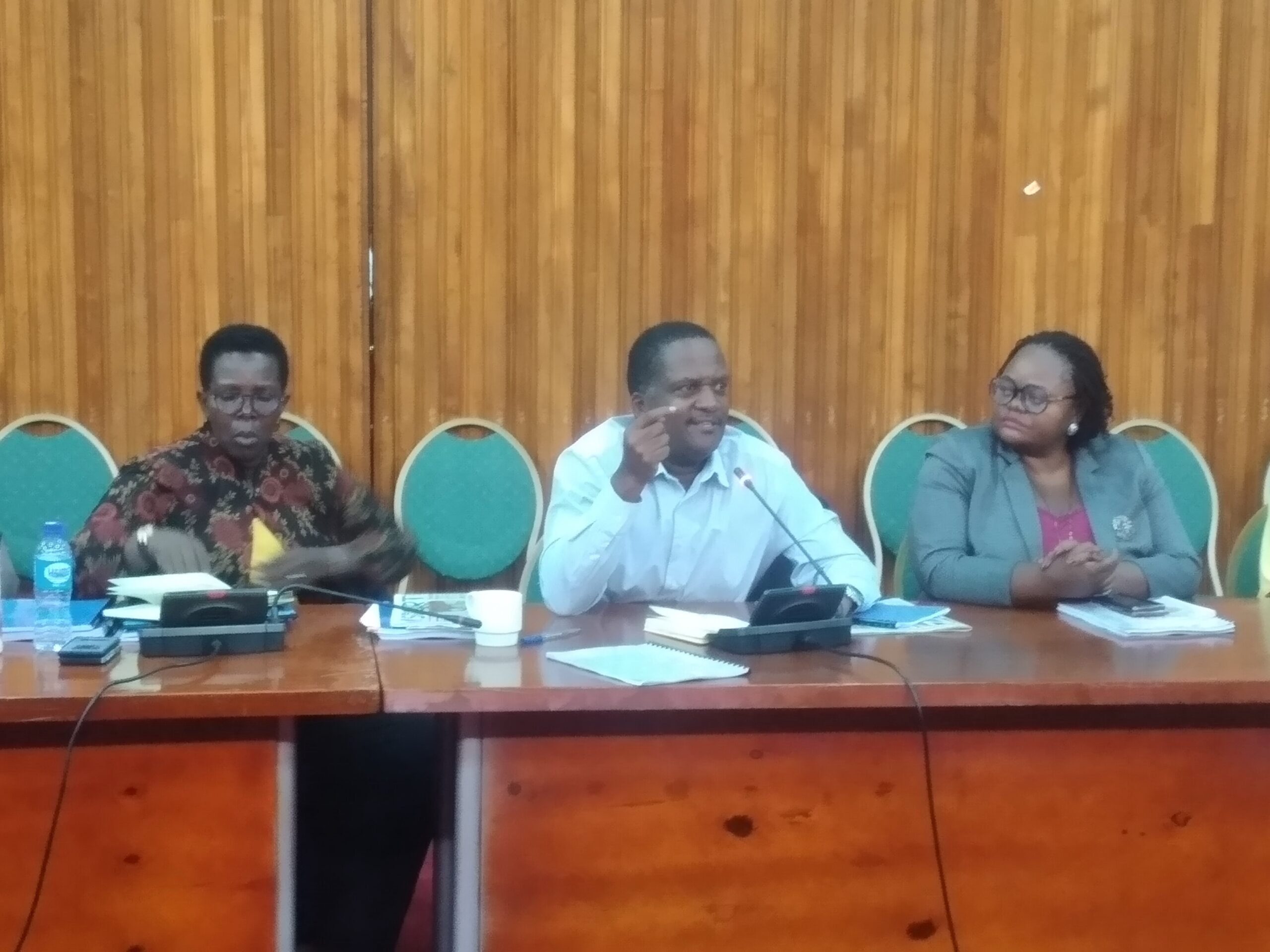The Uganda Cancer Institute (UCI) is facing a significant challenge after its long-term research partner, the Fred Hutchinson Cancer Research Center (FHCRC), announced that it will be withdrawing its collaboration due to financial constraints and policy changes in the United States.
Dr. Jackson Orem, the Executive Director of the Uganda Cancer Institute, disclosed the news while appearing before the Parliamentary Health Committee on Tuesday. Dr. Orem explained that the FHCRC, which has been instrumental in providing vital research infrastructure and support at UCI’s research center in Uganda, will be pulling out starting in the second quarter of this financial year. This withdrawal comes as a result of ongoing operational changes in the U.S. coupled with a reduction in funding for cancer research.
“We received a notice from one of our long-term collaborators, the Fred Hutchinson Cancer Research Center,” Dr. Orem said. “They have notified us that due to financial constraints and operational changes within the U.S., as well as a dwindling budget for financing research projects, they will be discontinuing their collaboration with us.”

The partnership with FHCRC has provided Uganda Cancer Institute (UCI) with significant resources, including a high-tech research facility, equipment, and a biological repository that stores critical cancer research samples. Dr. Orem emphasized that while the UCI will inherit the equipment and data, the impact of losing such a key partner is considerable.
“Although they are pulling out, the good news is that they are leaving behind all the infrastructure, equipment, and the data, including the samples in the repository, which will be retained by UCI. This is a positive aspect of this transition,” Dr. Orem explained. “However, we must now find ways to continue running these facilities effectively without their support.”
Dr. Orem revealed that the annual operational cost of running the research center with FHCRC’s support had been approximately 6.5 billion Ugandan Shillings. In order to keep the center operational, UCI has requested financial assistance from the government. According to Dr. Orem, the institute has already secured 1 billion Ugandan Shillings in support, but this still leaves a funding gap of 5.5 billion Ugandan Shillings to maintain the research center’s operations.
“We have made a request for funding to continue operating this center, and while we have received a commitment for 1 billion Ugandan Shillings, we are still facing a significant shortfall of 5.5 billion Ugandan Shillings,” he stated.
The Uganda Cancer Institute, which plays a crucial role in cancer research and treatment in the country, now faces an uncertain future as it struggles to secure adequate funding to sustain its research activities. Dr. Orem’s appeal to the government for support underscores the urgent need for a robust financial plan to ensure that cancer research in Uganda does not suffer a setback.
Adding his voice to the urgency of the matter , Dr. Nicholas Kamara, a member of the Parliamentary Committee on Health, expressed deep concern over Fred Hutchinson’s withdrawal.

He strongly advocated for immediate and increased funding, emphasizing the critical role of the research center.
“Fred Hutchinson, is a very big worry to me, that it’s closing. I was privileged to study under the University of Washington. I know Fred Hutchinson quite well and what they have done for us as Ugandans,” Dr. Kamara stated.
“I think members, we should fund this , because it is very important. The machines they have left soon will break down. And once they break down, the research that has been going on will also be go . So I think, as we go periodically, we should be increasing funding for this, what has been done under this Fred Huntsman Center Dr. Kamara noted .”
The withdrawal of the Fred Hutchinson Cancer Research Center marks a significant turning point for UCI, which has relied heavily on international partnerships for its research capabilities. The institute’s ability to continue its work will depend on the swift mobilization of both local and international resources to fill the financial gap left by FHCRC’s departure.
The UCI’s ongoing efforts to secure funding will be critical not only for the continuity of its research but also for the broader fight against cancer in Uganda, where the need for advanced research and treatment options remains high.






























